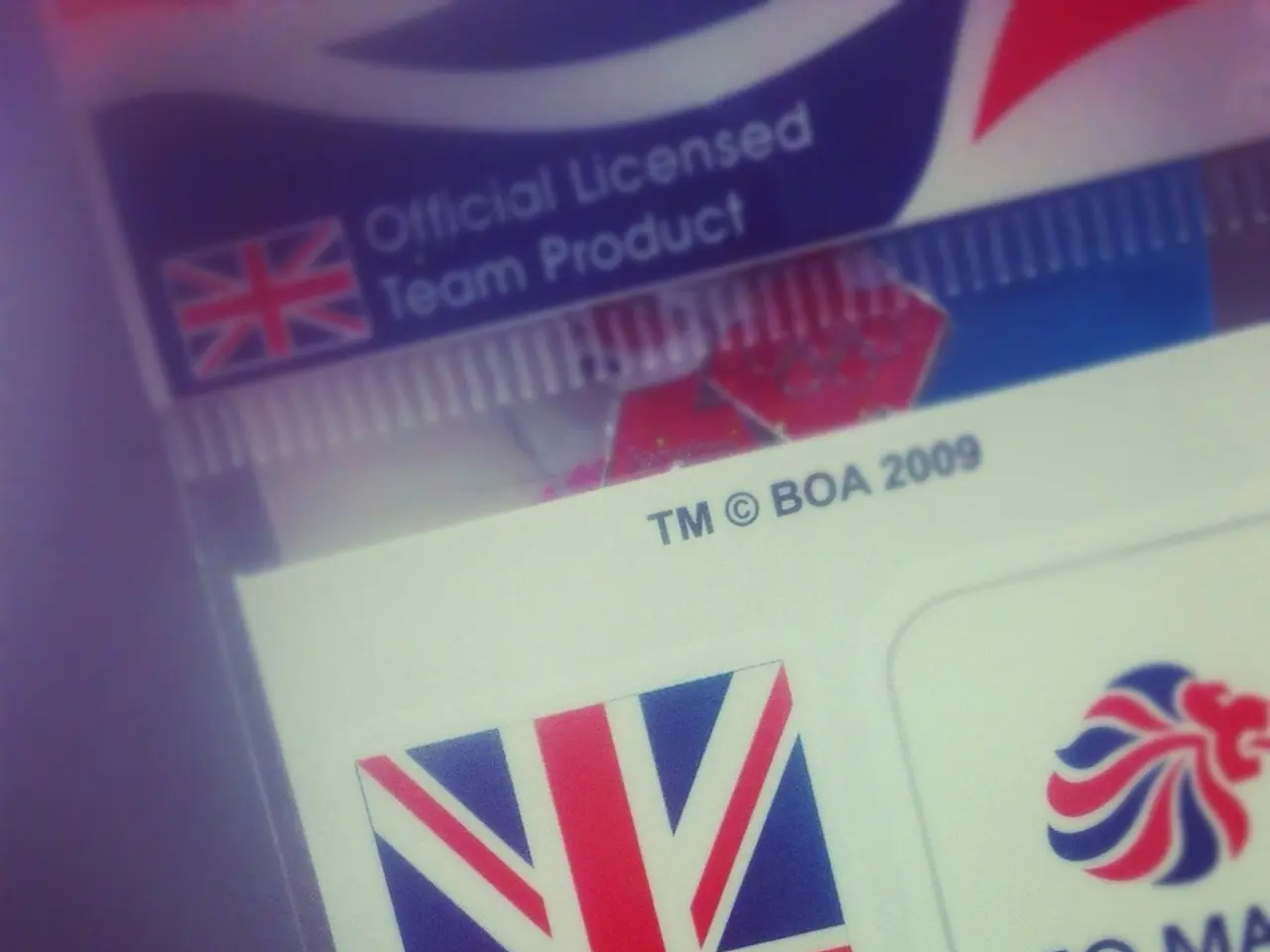Wealthy individuals gain access as Trump bars expert-class professionals
In a White House announcement in February, U.S. President Donald Trump unveiled the Gold Card and Trump Platinum Card programs, aimed at attracting wealthy immigrants to the United States. The programs, which rework existing immigration categories, have sparked debate and raised questions about their impact on the tech industry and the job market.
The Gold Card, similar to a Green Card, provides permanent residency and a path to U.S. citizenship for holders, with a fee of $1 million for individuals and $2 million for companies bringing employees. The Trump Platinum Card, requiring Congressional approval, offers 270 days of stay in the U.S. per year without paying U.S. taxes on income earned outside the U.S., but does not provide a path to U.S. citizenship. The fee for the Trump Platinum Card is set at $5 million.
Initially, 80,000 Gold Cards will be available, with the possibility of review and adjustment of prices and model in the future. Howard Lutnick, the U.S. Commerce Secretary, provided information about these programs to reporters at the White House announcement.
The Trump administration's new regulation aims to discourage U.S. companies from bringing in inexperienced employees and training them, encouraging them to consider if a job candidate is valuable enough to pay an additional $100,000 to the government on top of their salary. This new regulation could significantly burden the U.S. tech industry by imposing a $100,000 annual fee for the H-1B visa category, currently costing a few thousand dollars in processing fees.
The H-1B visa, frequently used by U.S. companies to bring in qualified employees, has contributed significantly to the success of Silicon Valley, with many coming from India. However, critics argue that the H-1B visa is being misused and takes jobs away from American employees, while tech company CEOs have been trying to build a closer relationship with the Trump administration to no avail.
Despite these concerns, Trump still claims that the tech companies would be "very happy" with the new regulation. The legal sustainability of the Gold Card regulation is uncertain, and the implementation of the Trump Platinum Card is not as far along as the Gold Card program. Companies or industries recognized by the U.S. government as serving a national interest in exercising special professional skills may be eligible for exemptions from increased H-1B visa fees.
The CEOs of major tech companies have been praising the U.S. president at White House events, but their efforts to influence visa rules have been unsuccessful thus far. The U.S. government expects to generate over $100 billion from the Gold Card program and approximately $1 trillion from the Trump Platinum Card program, without specifying the collection period. The implementation of the new H-1B visa fee regulation is not mentioned in the article.
Read also:
- Industrial robots in China are being installed at a faster rate than in both the United States and the European Union, as the global market for these robots faces a downturn.
- Undeads Games Reaches $30 Million TVL and Gears Up for MMORPG Debut
- Hyundai N affirms transition to hybrid performance-centric models, initiating with Tucson N
- Bank of America reveals investigation into Zelle platform, hints at potential legal action




